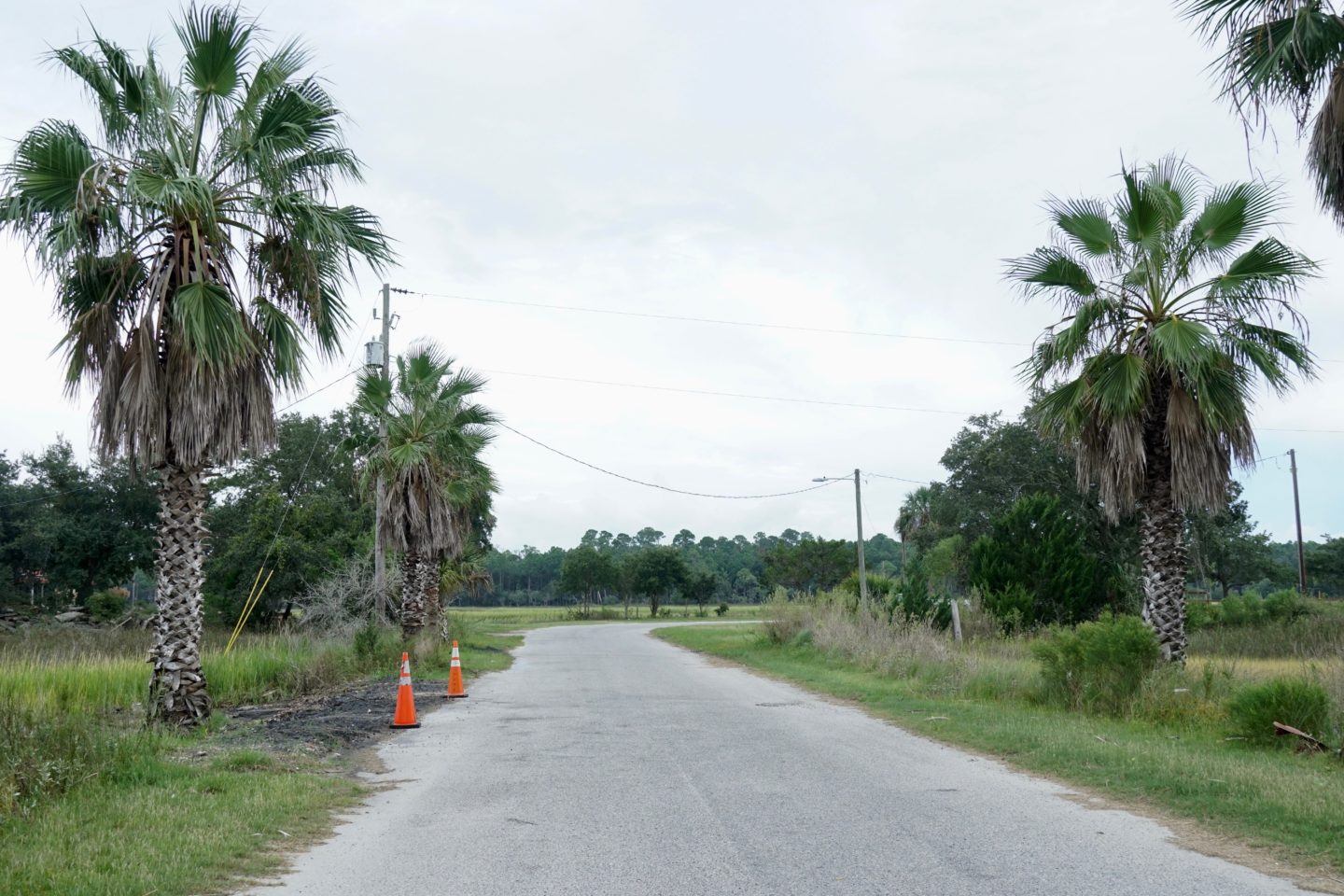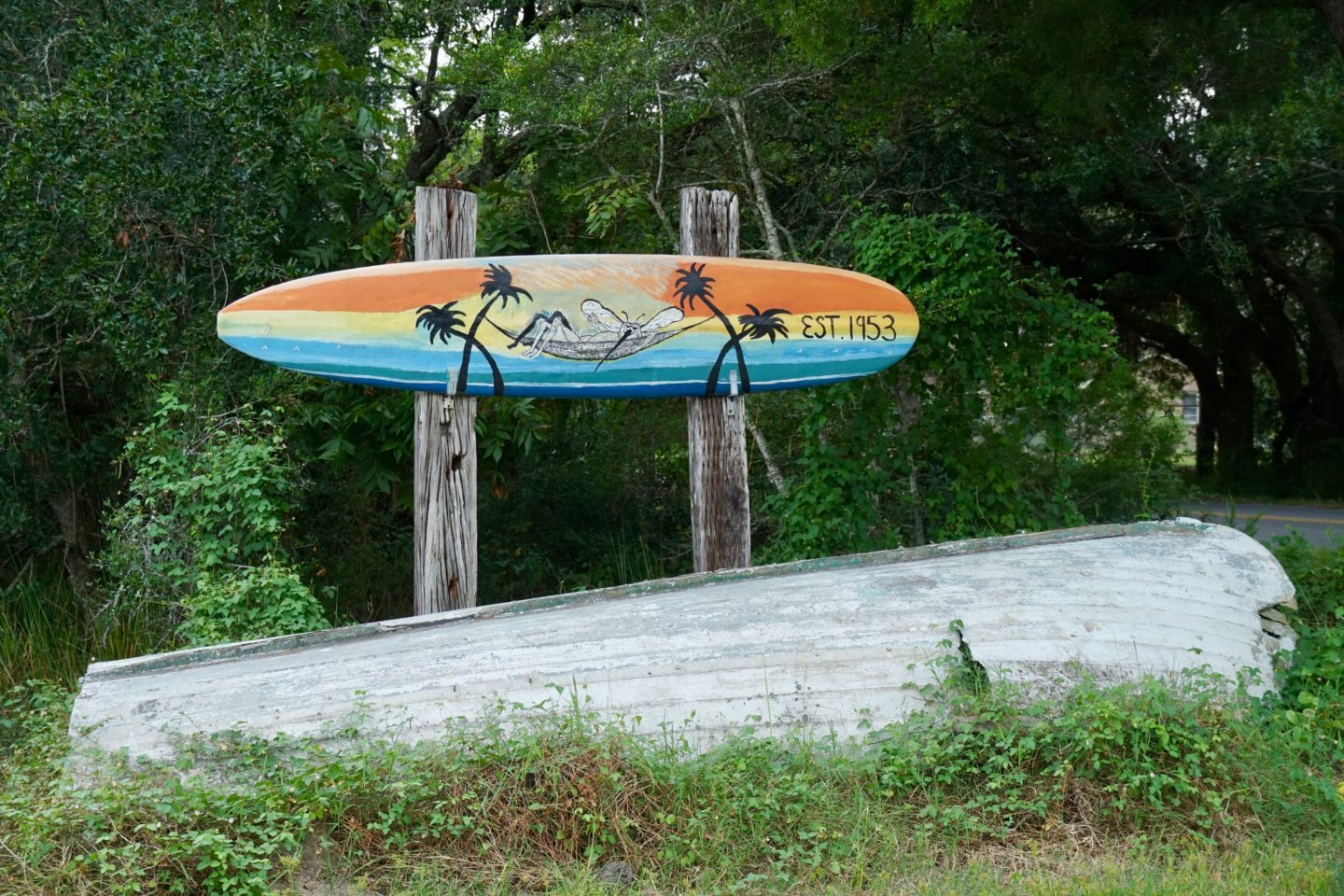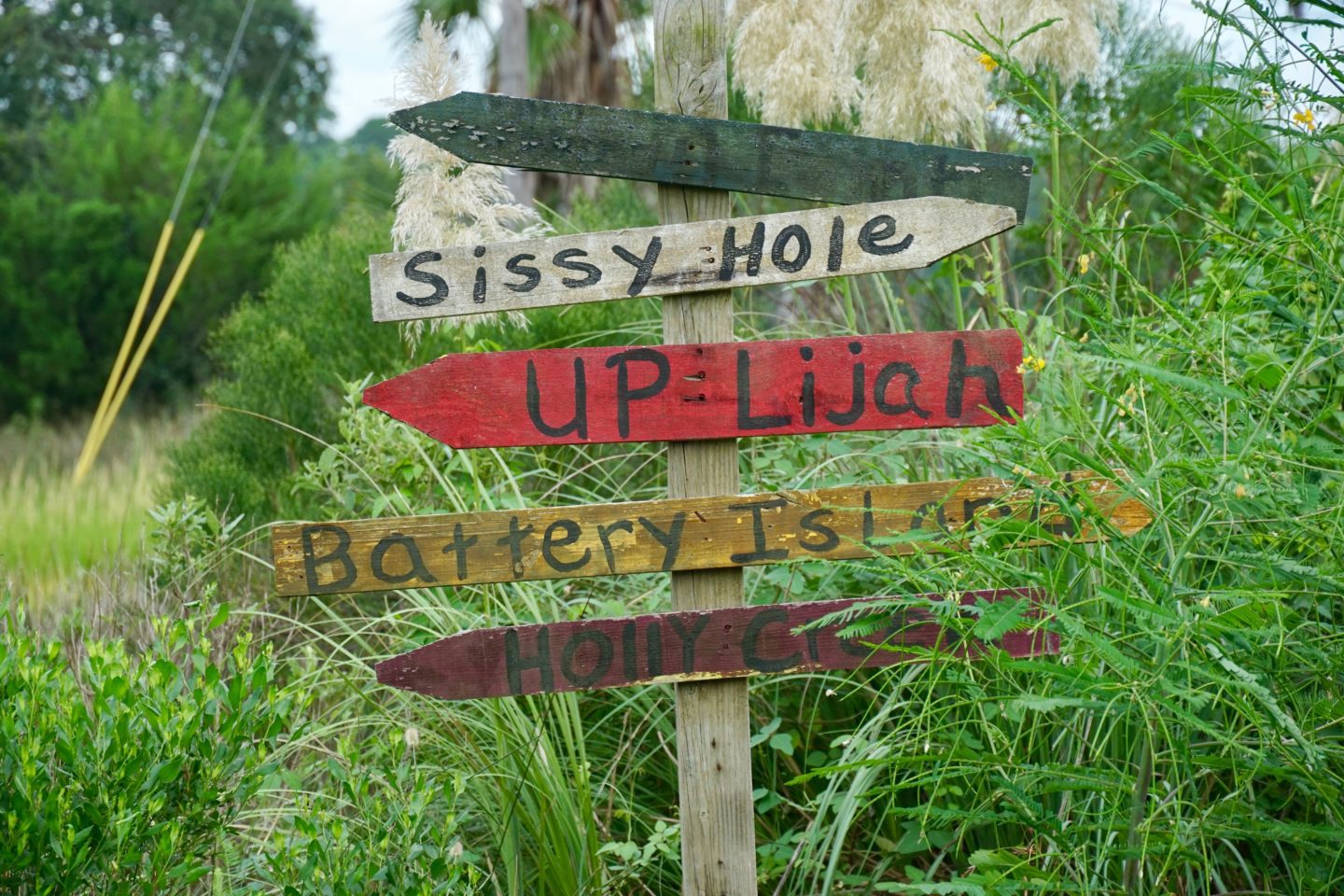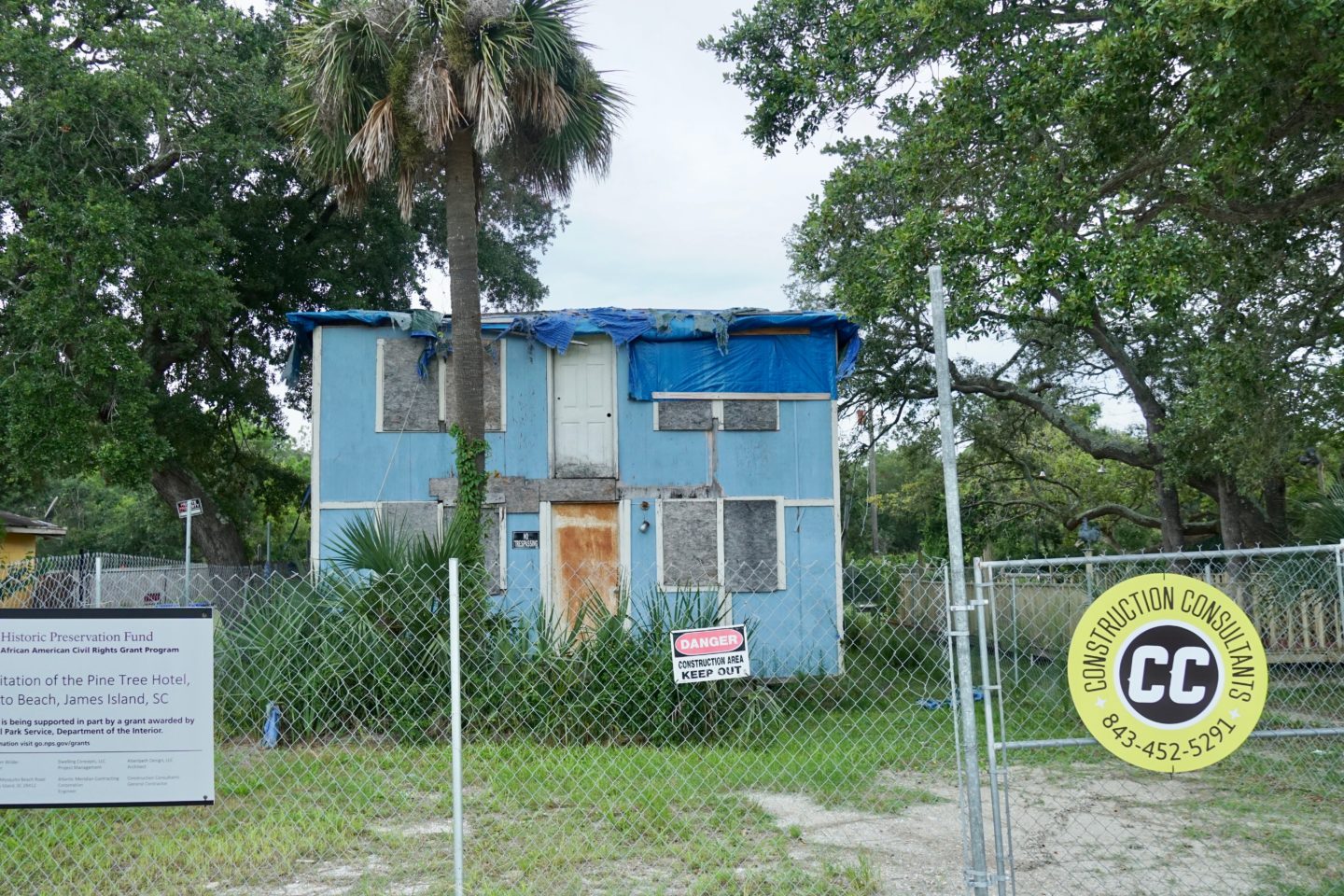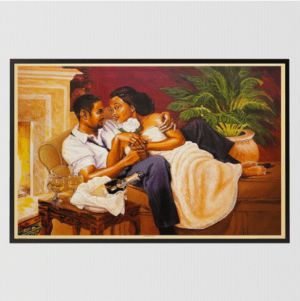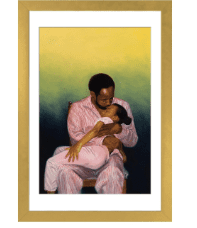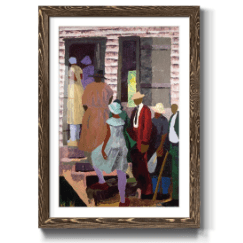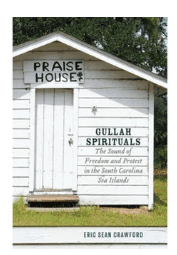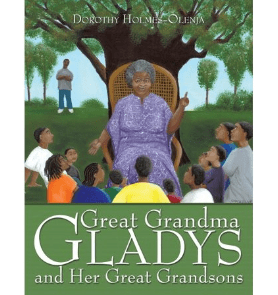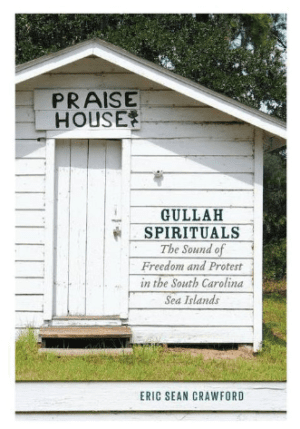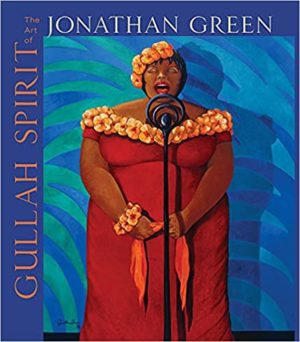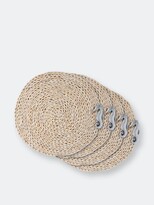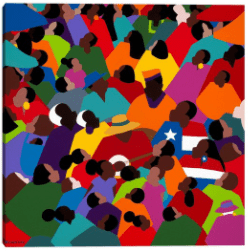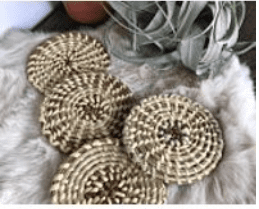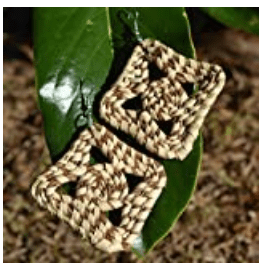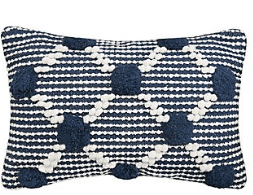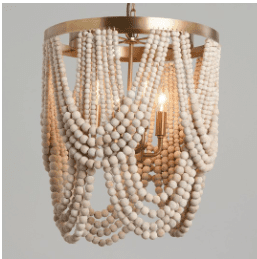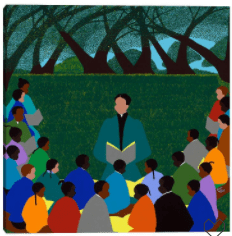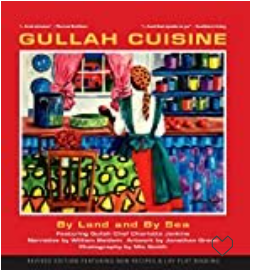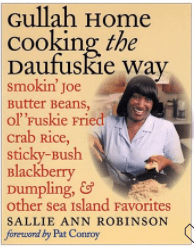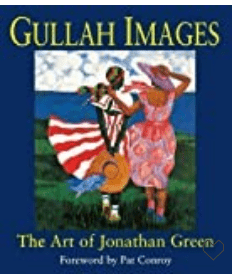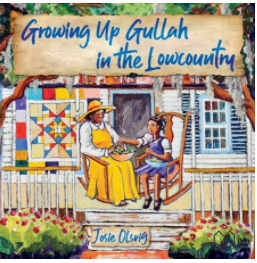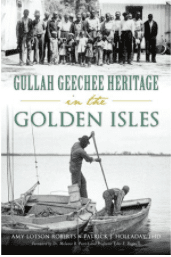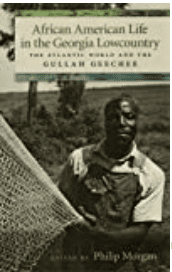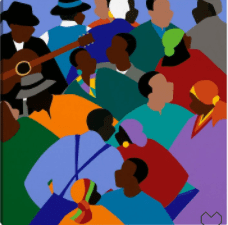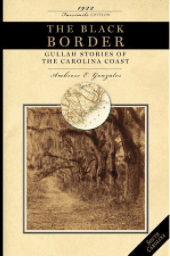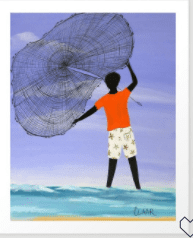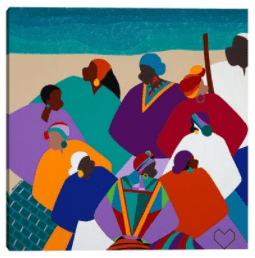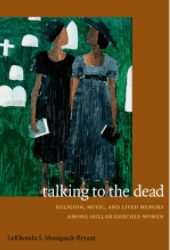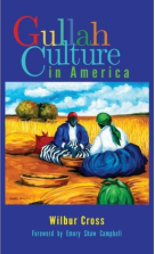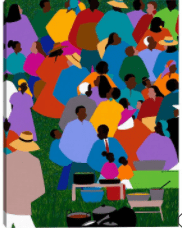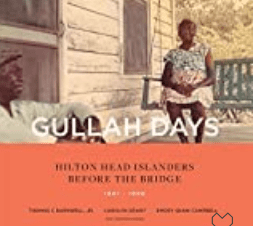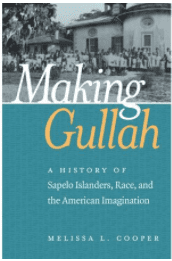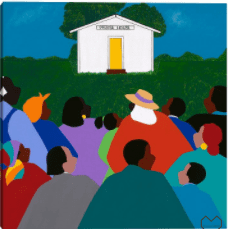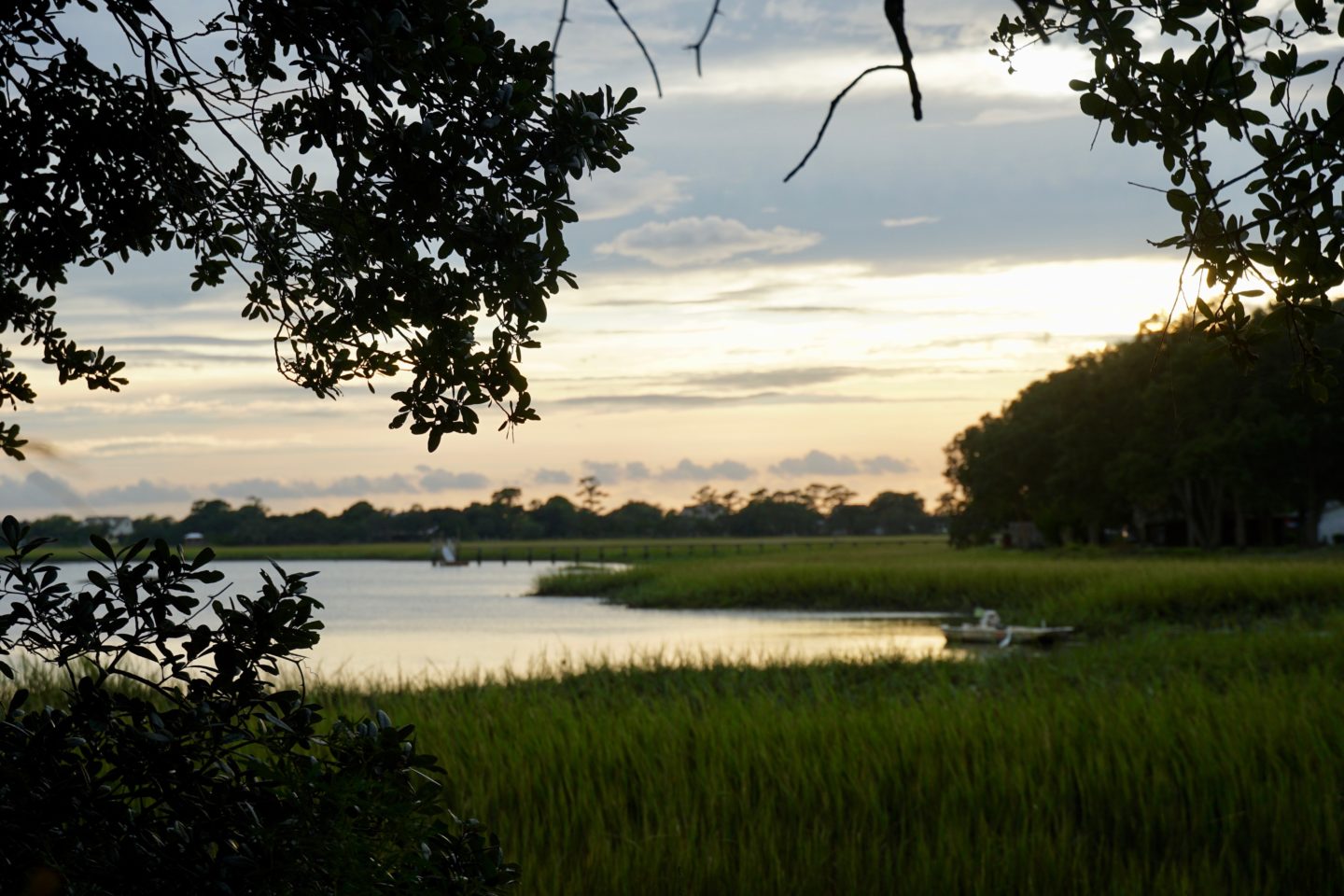
Living in the low country is all about taking in the scenery and enjoying what nature has to offer. Whether it’s sitting at a park appreciating the fresh air or relaxing on the beach with family and friends, the Lowcountry does it better than any place else. However, the simplicity of enjoying the outdoors was not always obtainable. Because of segregation, many African American in the low country community were not given the opportunity to enjoy relaxing on the beach. Therefore, they created a place to satisfy their needs and fulfill what segregation wasn’t allowing. Located in Charleston, SC Mosquito Beach is one of many historic places that was assembled by African Americans to bring African Americans together during a difficult time in history and create a way to fully enjoy the low country for what it has to offer.
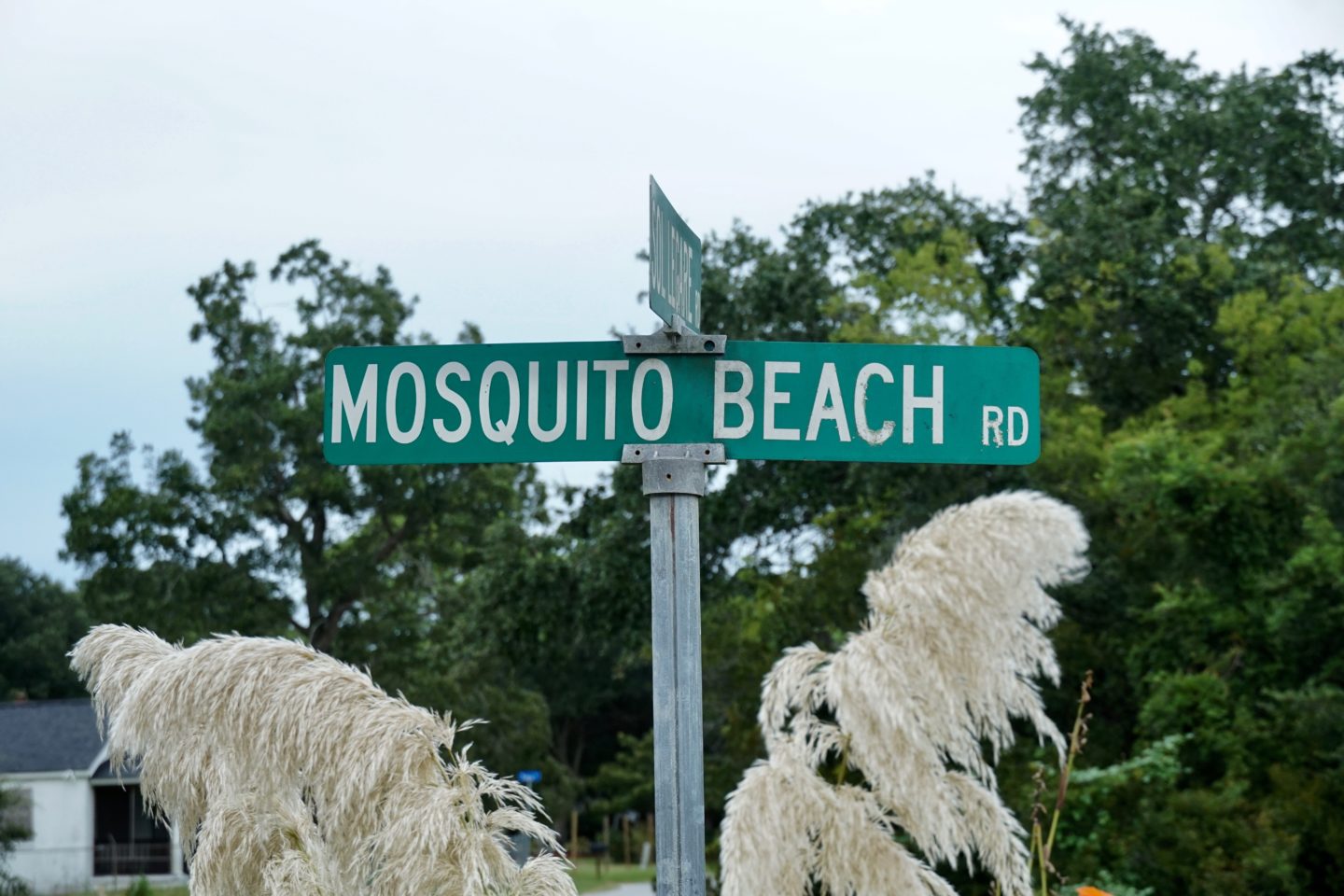
Gullah Heritage Sites: Mosquito Beach – Story of An African American Waterway
Before Mosquito Beach came to be, the area was known for farming and also serving home to an Oyster Factory. The name “The Factory” became the nickname for the area until many lost their job with the Oyster Factory due to it being seized by Charleston County in 1929. Even though the area was no longer needed for work, “The Factory” area continued to be the hangout spot for many former African American factory workers and a place to unwind without feeling the pressures of inequality.
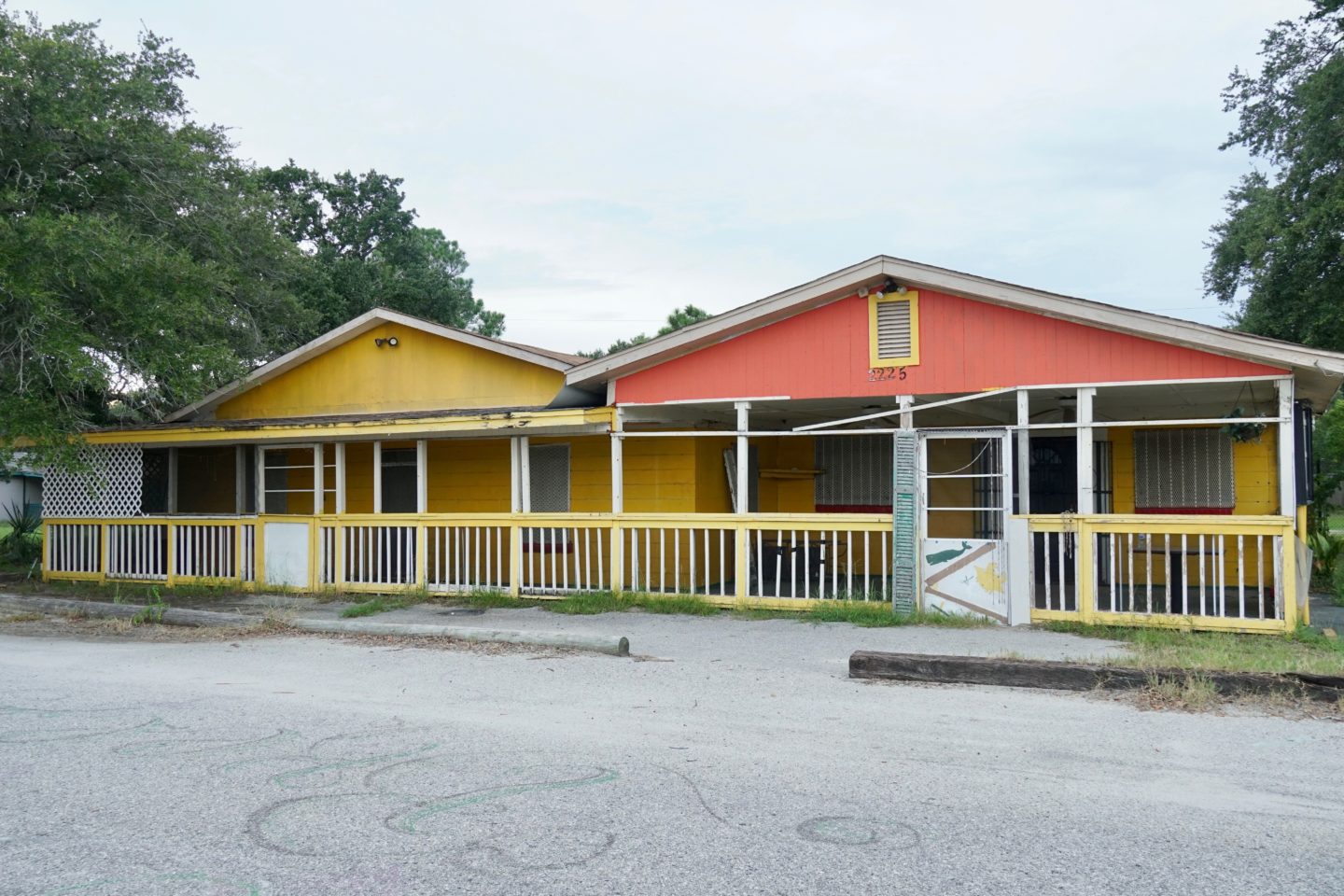
In the early and mid-1900s, “The Factory” was the sanctuary for many African Americans and transformed from a place of work into a place where African Americans could shop, swim, fish, enjoy seafood, music, drinks, dancing and one another. During this time, this was unthought of, however, these visionaries were aware of what the James Island community could be. These essential additions to the community helped reshaped and revamp the place we are now familiar with, Mosquito Beach. Located in Sol Legare community, Mosquito Beach were surrounded by Joe Chavis store, Machi & Nuccas Pavilion, Haborview and Jack Walker Club and became a place that brought people together in the low country community and even encourage other African American Charlestonians to travel to the beach to experience history.

Many African Americans can recount the times they spent with their family and friends at Mosquito Beach and how essential the beach became for the community. Despite the insects that gave the area its unique name, people continued to enjoy Mosquito Beach for its live music, resort hotels, and sense of peace provided.
Still along the Marsh of Kings Flat Creek, many can find Mosquito Beach as a small tidal creek that still carries on the history of Mosquito Beach. Also, with few local shops remaining, the history still remains true. Mosquito Beach still is able to provide the history of the area and continues on the legacy of reason the beach was originated. Mosquito Beach continues to bring people together throughout the community and those traveling to Charleston, SC. More than ever, Mosquito Beach has enhanced the way in which we look at scenery and encourages us to find the history that lies behind what can be seen with the clear eye.
